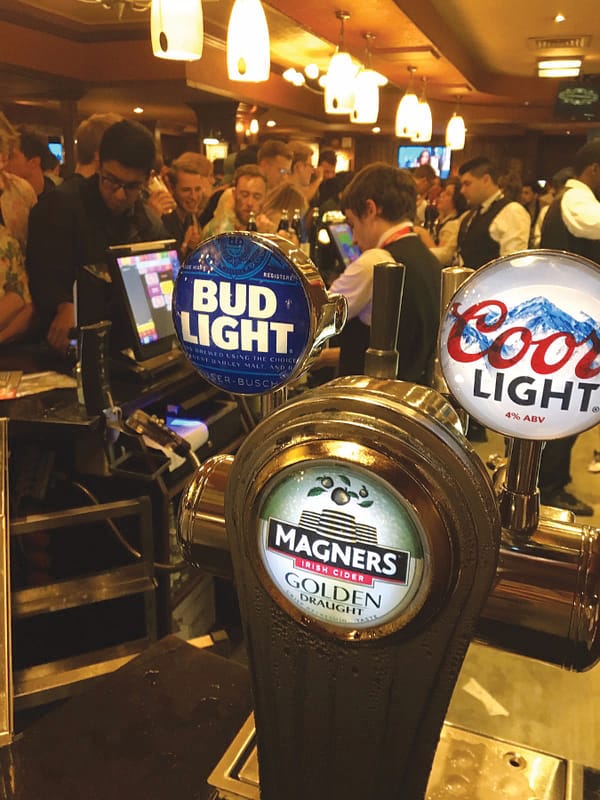Imperial catering outlets trialling cashless systems
A number of outlets at Imperial are going cashless for a two week trial.

A cashless-only payment service is currently being trialled in a number of catering outlets on the South Kensington Campus.
From 4th December, four outlets on the South Kensington Campus – Fuel, Queen’s Tower Rooms, SCR restaurant, and the Electrical Engineering Café – switched to cashless payments only. This will continue until 22nd December, when the College closes for the winter holiday.
During this trial, students and staff will be able to pay with contactless, Yoyo, or chip and pin. They will not be accepting any cash payments.
However, some students and staff are reportedly unhappy about the change. One postgraduate student told Felix she felt the trial wasn’t well publicised, and questioned whether it would be more convenient for those at Imperial: “How can they say this will ‘improve your experience’ when 20% of payments are going to be refused? In what way does stopping people paying cash help anything? If I’m behind a customer paying by card, I still have to wait for them to get receipts printed before I can pay.”
The student also highlighted the fact these changes were coming on top of other changes to campus services this term, such as the removal of SCR cooked breakfasts. “Using contactless can be convenient, but it shouldn’t be the only option,” she told Felix, “it makes me less inclined to use College catering at all.”
The College state that on average 80% of transactions are currently cashless. They say the pilot will “improve your experience by reducing queuing times and creating a faster service”. After the pilot has taken place, Campus Services say they will “undertake a review”, and “keep you updated with any permanent changes.”








